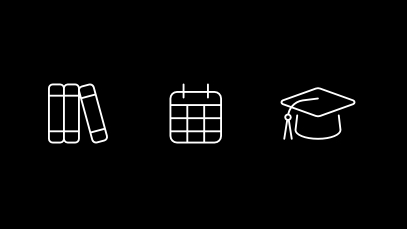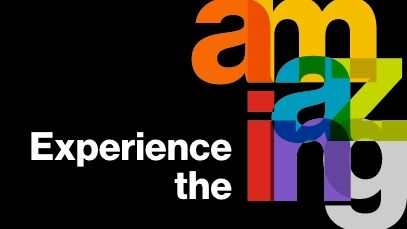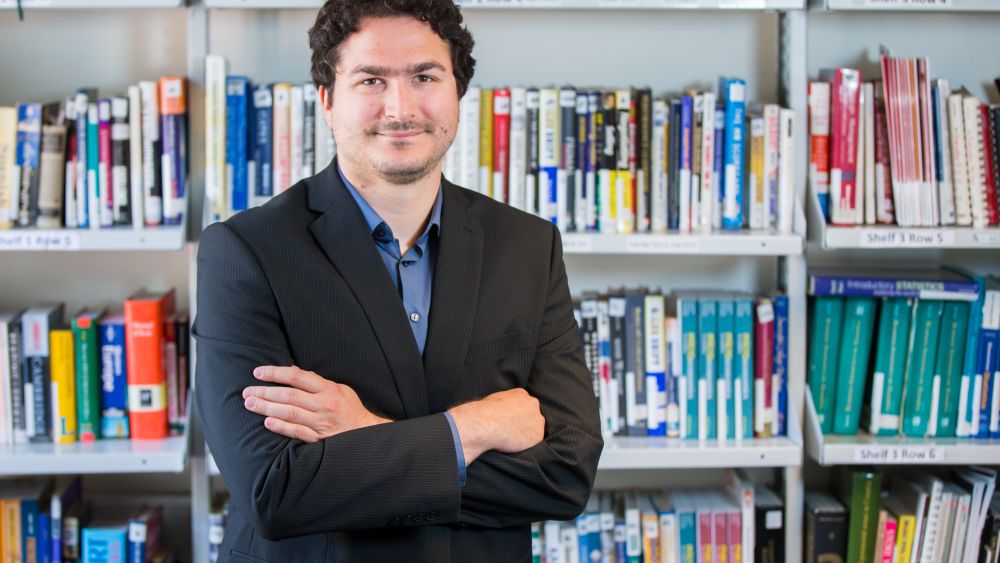ERASMUS+ KA Project granted to Dr. Domagoj Tolić in cooperation with Clarkson University
ERASMUS+ KA107 Project granted to Dr. Domagoj Tolić in cooperation with Clarkson University
July 15, 2020
Dr. Domagoj Tolić, who is currently teaching WMC/IT courses at RIT Croatia, was granted an ERASMUS+ KA107 project aimed at modeling and analysis of three-dimensional movements of fluid flows, in collaboration with Clarkson University, Potsdam, NY, USA.
We asked Domagoj to share some details about this interesting collaboration and potential outcomes of the project.
Q: What is actually ERASMUS+ KA107?
Dr. Domagoj Tolić: Erasmus+ KA107 is a mobility program of the European Commission for, among others, professional collaboration of education staff from the EU countries and partner countries from all over the world. The partner countries enjoy different popularity among applicants thus are given different priorities when it comes to allocating budgets by the EU. A consequence is that ERASMUS+ proposals with institutions from USA, Canada or Australia, which are deemed highly developed industrialized countries, are the most competitive to be granted.
Q: How did your cooperation with Clarkson University start?
Dr. Domagoj Tolić: Upon visiting the RIT campus in Rochester in May 2019 through the Faculty and Staff Exchange Program funded by RIT Global, I stayed at the Clarkson University, Potsdam, NY, for a week. During this week, I presented my research and got familiar with related research efforts at Clarkson University. After several brainstorming sessions, complementary competencies and potential collaboration goals were identified. RIT Croatia contributes to this collaboration with its control systems and information technologies background whilst the Clarkson team excels in mathematical analysis of ocean dynamics in data-rich and data-sparse settings.
Q: What are the expected outcomes of the project?
Dr. Domagoj Tolić: The research focus of the proposed collaboration are mathematical algorithms for analyzing models of sub-surface currents in bodies of water. The impact of understanding the movement of seawater cannot be overstated. At the level of climate, global oceans are responsible for storing and circulating heat, carbon-dioxide, and methane, along with a host of organic chemical species playing a role in the climate cycles. The oceanic macrosystem is expected to play a role in any strategy of slowing-down the climate change or, if not treated responsibly, in exacerbating the runaway climate change. At a regional level, oceans and seas are important habitats for local ecosystems. The catastrophes of Deepwater Horizon Spill in the Gulf of Mexico in 2010 and Fukushima Daiichi in 2011 highlighted the need for knowing precise movements of water in order to mitigate the damages and assess future risks from toxic materials being released into the oceans. In less-catastrophic terms, coastal countries are interested in responsible management of fisheries and sea resources, effective clean-up of debris that is already present in seas and oceans, and further exploration for scientific, commercial, and touristic purposes. The two institutions involved in this proposal both have strong interests in this topic. Dubrovnik sits at an entry-point of Adriatic currents into the Croatian territorial sea. Clarkson University is situated in the drainage basin of the Adirondack State Park into the St. Lawrence River, which is the primary connection of the Great Lakes with the Atlantic Ocean, and therefore is supremely important for ecology of North American continent and for commercial traffic at the border of the United States and Canada.
Q: What benefits do you see for RIT Croatia when it coems to this sort of collaboration?
Dr. Domagoj Tolić: This collaboration will enhance the reputation, attractiveness and networking channels of RIT Croatia, which will in turn attract motivated and talented students and academic staff from all over the world. Owing to this collaboration and envisioned outcomes, we expect an increase in its administrative and research capabilities leading to more modern, dynamic, committed and professional environment inside the organization. In particular, this program will: i) increase its capacity to operate at EU and international level; ii) improve its management skills and internationalization strategies; iii) reinforce cooperation with partners from other countries; iv) increase allocation of financial resources (other than EU funds) to organize EU/international projects; and v) increase quality in the preparation, implementation, monitoring and follow up of EU/international projects.
We expect that this multifaceted experience will propel the careers of the involved students and increase their employability by expanding their research interests and competencies. Consequently, this will increase their sense of initiative, entrepreneurship, self-empowerment and self-esteem, enhance intercultural awareness, make them more active participants in society, better awareness of the European project and European Union (EU) values, and increase their motivation for taking part in similar research activities in the future.
Recommended News
-
November 15, 2024
-
November 5, 2024
-
October 31, 2024
-
October 30, 2024











